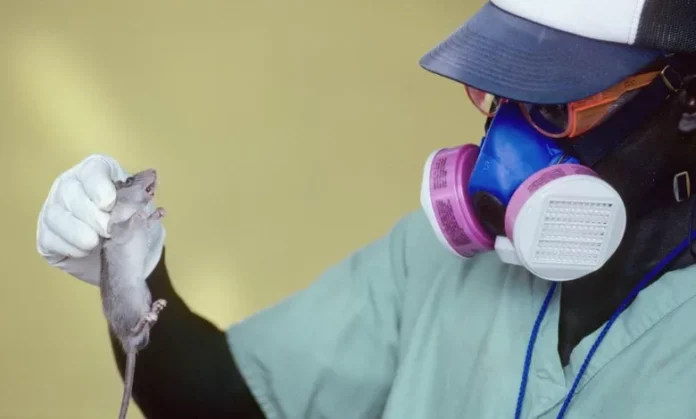Ghana has confirmed two cases of Lasa Fever in its capital Accra, authorities said Sunday adding that one of the sufferers has died while another is being monitored at the hospital.
Samples of these patients returned positive for the deadly disease after a test at the Noguchi Memorial Institute for Medical Research on Friday, 24 February 2023.
“The first case was a 40-year-old trader, who was unwell for a period of about two weeks and finally died at the Korle-Bu Teaching Hospital,” a Ghana Health Service statement said. “The second case, who is a contact of the fatal case, is currently on admission but is very
stable.”
So far, 56 contacts have been identified and are being followed up by the Ghana Health Service (GHS).
Authorities have already undertaken sweeping measures to prevent fatalities, including activating a Public Health Emergency Committee countrywide. A full-scale investigation and contact tracing have started.
“The Ministry of Health and Ghana Health Service (GHS), in collaboration with our partners, wishes to assure the general public that all efforts are being made to contain this outbreak and prevent the further spread of the virus.
Ghana recorded its first case in 2011.
Brief facts about Lassa Fever
• Lassa fever is caused by the Lassa virus and the incubation period is 2-21 days.
• The virus is transmitted to humans through contact with food or household items contaminated with rodent (Rats, Mice) urine or faeces.
• Lassa virus may also be spread between humans through direct contact with the blood, urine, faeces, or other bodily fluids of a person infected with Lassa fever. Sexual transmission of the Lassa virus has been reported.
Symptoms of Lassa fever
The early symptoms of Lassa fever may include fever and general weakness.
Persons may later present with headache, sore throat, muscle pain, chest pain, nausea, vomiting, diarrhoea, cough, and abdominal pain.
In severe cases, there may be bleeding from the mouth, nose, vagina or stomach. Death usually occurs within 14 days of onset in fatal cases.
Treatment and prophylaxis
There is medicine (antiviral) for treatment and much more effective if taken early. There is currently no vaccine that protects against Lassa fever.
Prevention and Control
Prevention relies on promoting community hygiene to discourage rodents from entering our homes.
Effective measures include storing grain and other foodstuffs in rodent-proof containers, disposing of garbage far from the home, maintaining clean households and keeping cats.
Avoid contact with blood and body fluids while caring for sick persons.
SOURCE: DAILY MAIL GH





